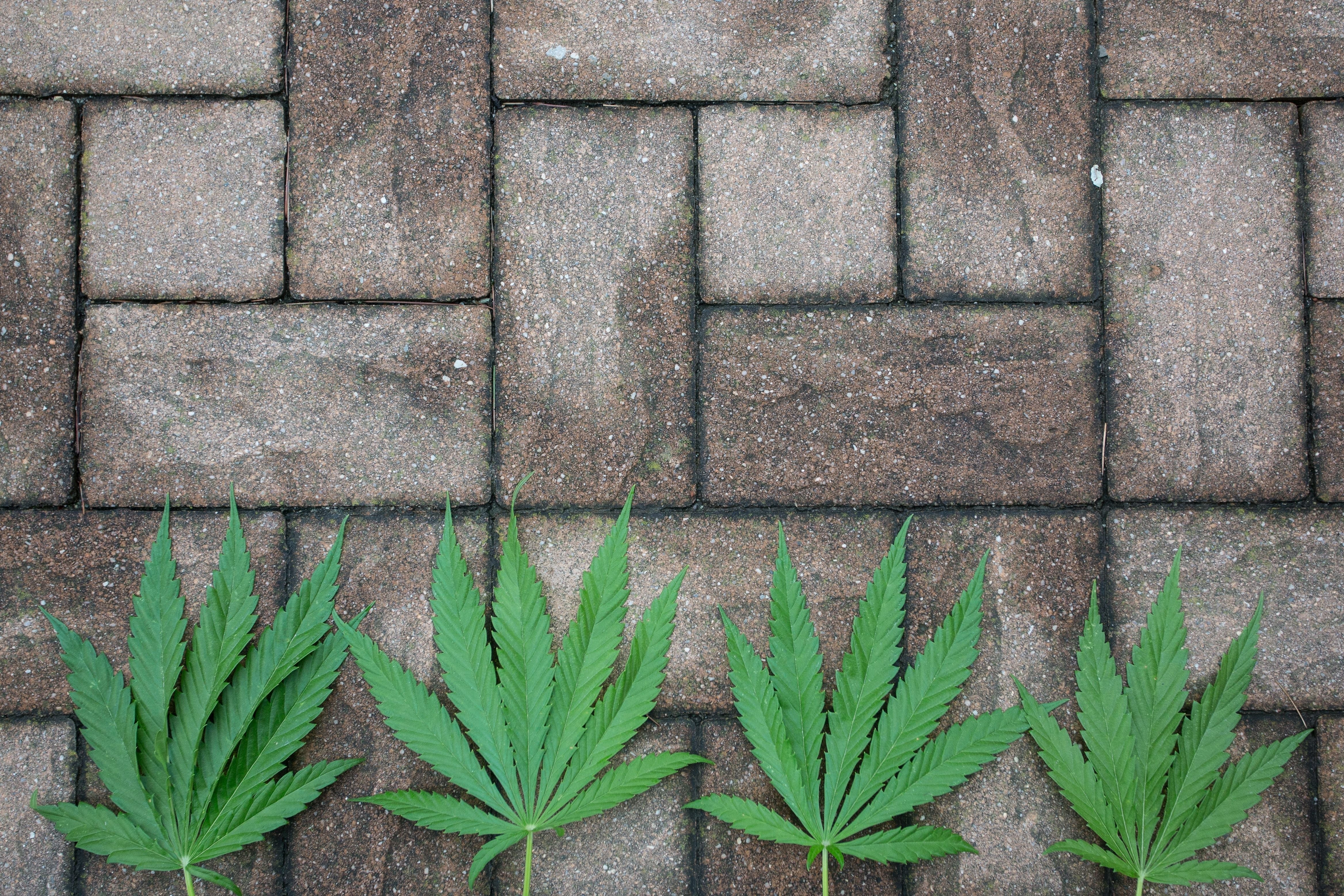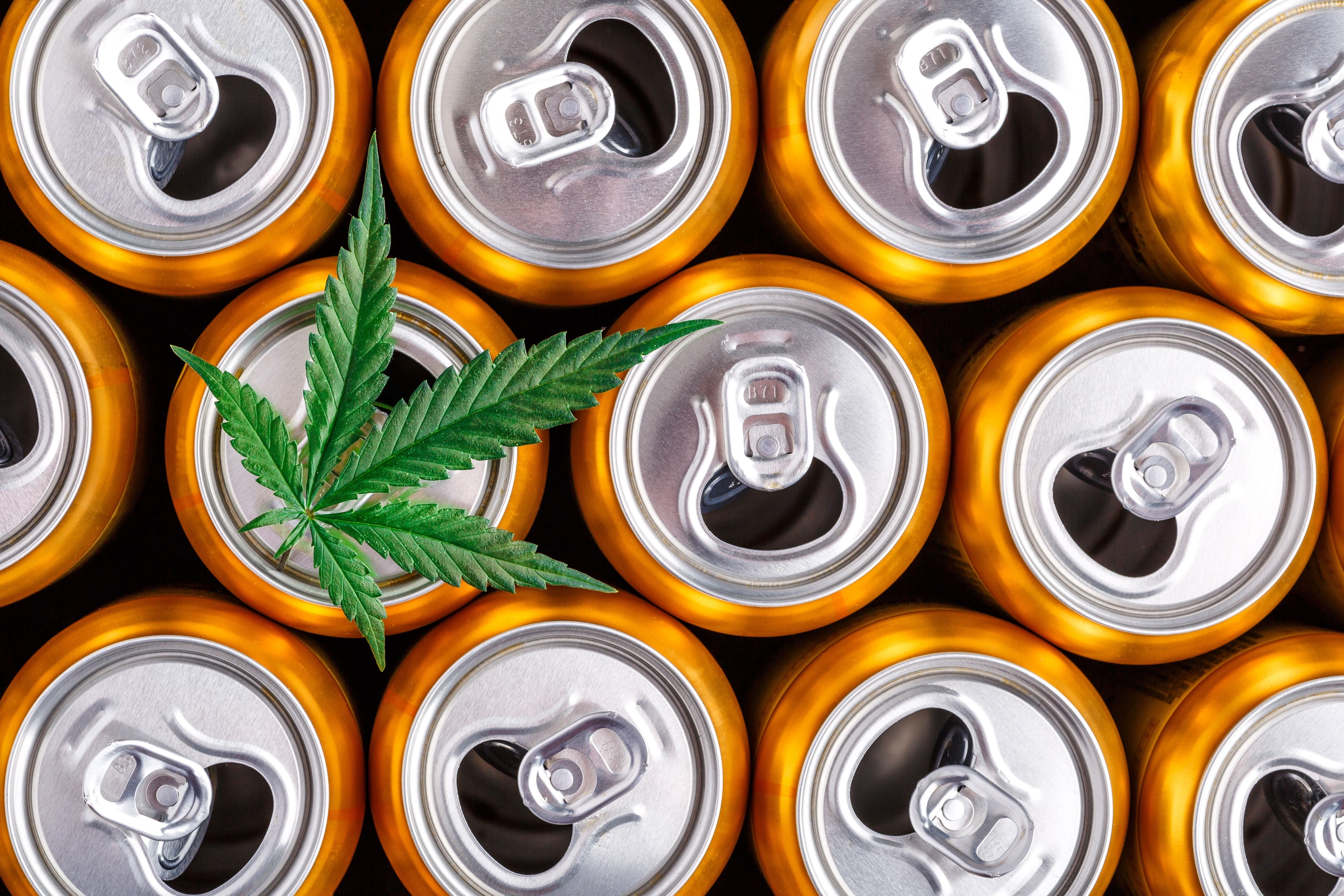
An emergency situation can be one of the worst moments of someone’s life. For first responders, these situations are part of the job.
Because their work involves responding to emergencies, these professionals can be exposed to traumatic events with a greater frequency than many other people experience, and this can take a toll on their mental health. According to the Substance Abuse and Mental Health Services Administration (SAMHSA), rates of depression and post-traumatic stress disorder (PTSD) are especially high among paramedics, emergency medical technicians (EMTs), firefighters and police officers.
However, at least one city believes CBD use can help. According to local media reports, the Public Safety Commission in Austin, Texas, recently approved a series of recommendations to help support good mental health among first responders. One of those recommendations was for the city’s departmental policies to accept CBD as a mental health support option.
How can CBD benefit mental health?
Over the years, several studies have been conducted on the effects CBD can have on mental health. The Journal of Cannabis Research recently published a review that compiled and summarized the results of these studies.
The review found that CBD products were helpful in alleviating symptoms associated with a variety of mental health conditions, including schizophrenia, social anxiety disorder, autism spectrum disorder, attention deficit hyperactivity disorder, insomnia, anxiety, bipolar disorder, PTSD and Tourette syndrome.
Other recent studies on cannabis and CBD have added to the understanding researchers have about CBD and mental health. These studies have reportedly show a beneficial connection between CBD and serotonin, a neurotransmitter that has been linked to emotion regulation, stress and mood.
An article published by GoodRx lists four studies that occurred since 2018 that show the positive effects CBD can have on depression. Some of these studies also show that CBD can reduce not only depression symptoms, but also symptoms of anxiety and stress as well.
One study from 2018 found that cannabis users reported a 50% reduction in depression symptoms. The users who reported the best improvements in their depression symptoms were using cannabis products that contained a high amount of CBD and a low amount of Delta-9-THC. In this case, a high amount of CBD was considered to be greater than 9.5%, and a low amount of THC was considered to be less than 5.5%.
Many existing studies, like the ones described in this article, suggest that CBD products could have a beneficial therapeutic effect on people suffering from a variety of mental health conditions. However, before any therapy can be federally approved, additional formal studies are needed to confirm and build upon the data that is currently available.
Why was the Austin Public Safety Commission evaluating CBD use?
In 2019, the city council for Austin, Texas, reportedly acknowledged that their first responders may not have had the support they needed to maintain good mental health. In an effort to provide more resources for their emergency response teams, the council members tasked city staff with studying how the city could better support the mental health of its first responders.
On April 5, the Public Safety Commission reportedly approved those study results and the corresponding recommendations with a six to one vote. One of the 10 approved recommendations involve adjusting departmental policies to allow first responders to use CBD products.
Despite the Austin Public Safety Commission’s newfound support for CBD, media reports indicate that officers and employees in all of the city’s emergency response departments are already allowed to take CBD products, if they choose to do so. However, chiefs of staff in each of these departments reportedly advise them against CBD products that could cause a random drug test to come back positive. As well meaning as this advice may be, it could be somewhat confusing to those who are not already familiar with their options for CBD products.
Cutting through the confusion
CBD products can come in three forms, including full-spectrum, broad-spectrum and isolate.
Full-spectrum CBD products contain all of the components of the cannabis plant. Although CBD may be the main component of these products, there can be small amounts of flavonoids, terpenes, and even other cannabinoids, such as Delta-9-THC.
Broad-spectrum CBD products contain several components of the cannabis plant but not all of the components. They will still contain CBD and small amounts of flavonoids and terpenes, but they will not contain Delta-9-THC.
CBD isolate products only contain CBD. They will not contain any other component of the cannabis plant.
Of the three options, full-spectrum products can be the most desirable because of something called the entourage effect. According to Healthline, the entourage effect is the theory that all of the components of the cannabis plant work together, and when they work together, they can cause better results than when any of the components are consumed alone. This means that a full-spectrum product may be the best choice for someone who wants to maximize their benefits.
However, a full-spectrum CBD product can contain trace amounts of Delta-9-THC. No federally legal CBD product will contain more than 0.3% Delta-9-THC. These trace amounts cannot get someone high, but it could be possible that even trace amounts from fully legal products could cause someone to fail a drug test. For people who cannot take that chance, broad-spectrum or CBD isolate products could be the next best choice.
A sign of growing awareness and acceptance
Traumatic events can take a toll on anybody, and even daily stressors can add up over time. Adequately caring for mental health needs can involve a variety of actions, and the most helpful actions might be different from person to person.
CBD may be one tool first responders and others can use to help them maintain good mental health. Austin’s city staff and Public Safety Commission acknowledged this with their newly approved recommendation. Perhaps this approval is a sign of a bigger trend around the country. Hopefully, it is a sign that the trust people have for CBD products is growing as they start to better understand the kind of therapeutic potential these products can truly have.
Sources
[3] https://jcannabisresearch.biomedcentral.com/articles/10.1186/s42238-019-0012-y
[5] https://www.healthline.com/health/full-spectrum-vs-broad-spectrum-cbd#full-spectrum-cbd








































